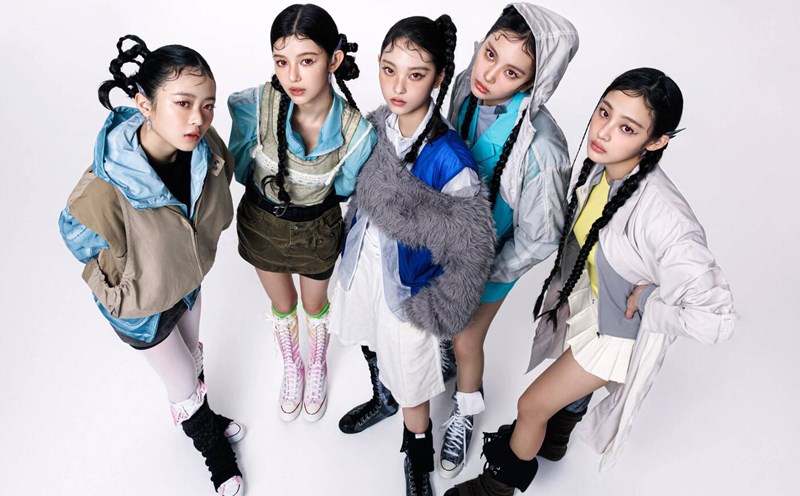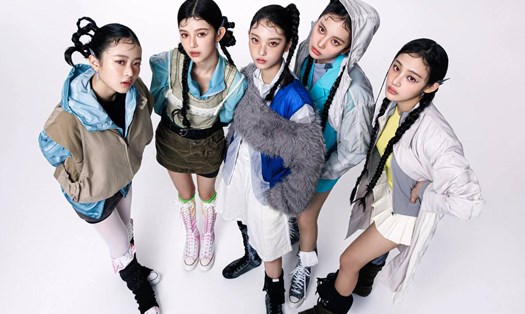Recently, Munhwa Ilbo published an article highlighting the reality of producers trying to cut costs for Korean movies and TV series to overcome the difficult period of the film industry, when production costs were "inflating" leading to many films losing money.
In the television industry, according to Munhwa, demand for Korean content increased in 2021 due to Netflix's "Squid Game" syndrome, causing the value of famous stars and creators to skyrocket. In addition, employees' salaries have nearly doubled since the 52-hour workweek was applied.
The production cost of tvN's "Queen of Tears" (played by Kim Soo Hyun, Kim Ji Won) is about 56 billion won per 16 episodes, an average of 3.5 billion won per episode.
Netflix's "Gyeongseong Creature" season 1 and 2 (Park Seo Joon, Han So Hee) includes 17 episodes, with a budget of about 70 billion won.
Investment costs are increasing, but many films are still losing money. Good Partner (Jang Na Ra, Nam Ji Hyun), one of the most successful Korean dramas of the year with a rating of 17.7%, has suffered losses.

Munhwa said that since last year, production companies and broadcasters have made serious efforts to restructure their business models. This includes a plan to reduce actors' salaries.
While the salaries of A-list actors, who ensure overseas sales, are almost set at 300 - 500 million won (about 5.3 - 8.8 billion VND) per episode, lower-rated actors are struggling, complaining that no roles are for them.
The main reason is that the number of dramas has decreased significantly, leading to encouragement to "hip new actors and reduce production costs".
As the movement to reduce production costs for each episode to 700 - 800 million won is being promoted, efforts to lower actor salaries continue, with limiting male actors to 100 million won (1.7 billion VND) per episode and female actors to less than 30 million won (more than 500 million VND) - Munhwa wrote.

However, the article, after being shared on the online community theqoo, caused controversy with more than 600 comments. Korean netizens were shocked by discrimination in the film industry, they were upset because of the huge salary gap between male and female actors.
They left comments: "Is this not sexism?", "This is absolutely discrimination. How can they distinguish between salaries based only on gender, The problem is not career, recognition or acting ability but just gender discrimination...
However, there are also opinions that the salary gap between male and female actors is understandable. Because the consumers of movies, especially TV series, are mainly female audiences, they tend to love and spend more money on male actors.
Of course, the many-fold salary gap still makes most audiences unhappy.











